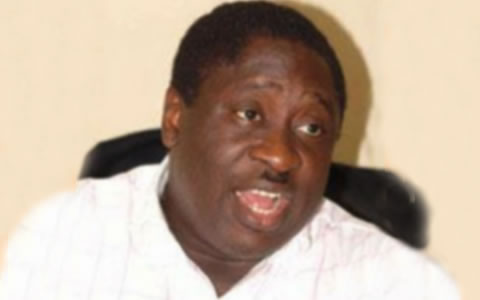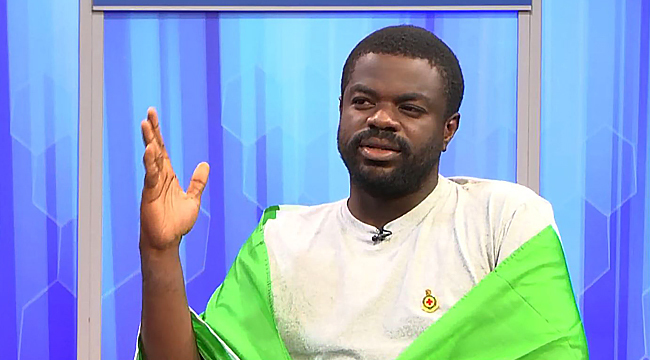
A Federal High Court sitting in Lagos on Thursday struck out an application filed by the Managing Director of Bi-Courtney, Wale Babalakin, seeking an order of certiorari and prohibition against his arraignment by the Economic and Financial Crimes Commission (EFCC) on money laundering charges.
Ruling on the application by Mr Babalakin for an order of prohibition against the EFCC and the Attorney General of Federation from arraigning him before the Lagos High Court, Justice Idris Mohammed held that the application was defective as the applicant did not file service and serve same properly.
He therefore dismissed the case for non-compliance with court rules and awarded the sum of N5000 against the applicant.
Justice Idris equally dismissed the preliminary objection by the EFCC that the court lacked jurisdiction to entertain the applicant’s suit and that the application is incompetent and an abuse of court process.
Justice Idris had on November 29, 2012 granted leave to Mr Babalakin to apply for an order of prohibition to review the legality and constitutionality of the 27 count criminal charges preferred against him at the Lagos High Court.
The order was granted the same day the businessman was to be docked alongside four others before Justice Adeniyi Onigbanjo of a Lagos State High Court, Ikeja for fraudulently transferring various sums of money on behalf of the former governor of Delta State, James Ibori, through third parties to some foreign accounts under the guise of purchasing a Challenger Jet Aircraft.
He failed to show up, claiming a sudden illness that necessitated his hospitalization at the Lagos University Teaching Hospital.
However, the EFCC through its lawyer, Rotimi Jacobs, challenged the ruling.
At the last adjourned date, December 13, Mr Jacobs had urged the court to strike out the application for want of jurisdiction and lack of competence.
He argued that the court lacks the jurisdiction to entertain the application, and that the application was incompetent and amount to abuse of court process as the reliefs sought were not available in law.
He added that information before any court is for that court to deal with and that the Federal High Court cannot exercise powers over the State High Court. “What they are doing here is a gagging suit and I urged the court to dismiss it.
But Wale Akoni, counsel to Mr Babalakin told the court that an issue of interpretation had arisen regarding the leave of prohibition granted the applicant as the respondent had taken the view that there was no order of stay against them.
He further told the court that despite the order of the court, the EFCC had continued to lay siege to the hospital where the defendant is receiving treatment for undisclosed ailment.
He therefore urged the court to reiterate and reinforce with some measure of clarity the effect of the ruling against the respondent.
He said they were equally in court because the commission has no power to prosecute his client at the Lagos State high Court as section 19(1) of the EFCC Act is unconstitutional.
He said that there was no valid statutory power available to the respondent to file charges against the applicant.
He further added that the Commission ought to report to the AGF but that the Commission has not done that.
However, Mr Jacobs told the court that the matter before it was hearing of the substantive suit and the motion of preliminary objection.
He said the order of court was unambiguous and needed no further interpretation.
The EFCC lawyer said the matter before the court was simple and that it was whether the respondent has power to initiate criminal proceedings and whether they followed the right procedures.
He said the powers conferred on the AGF or the AG of the State to initial and prosecute is not exclusive. “The EFCC can initiate criminal proceedings against anybody”, he said.




